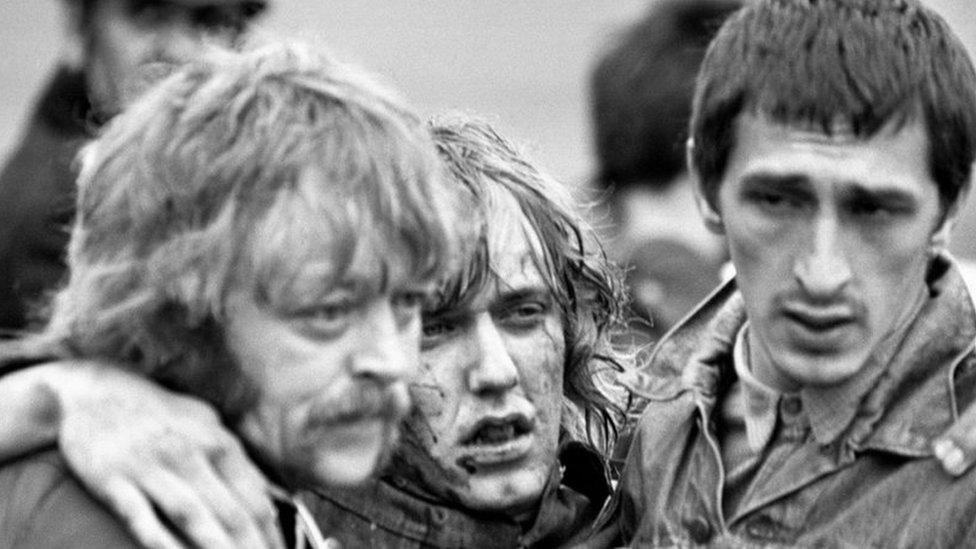Exhibition highlights accidental Flying Scotsman derailment
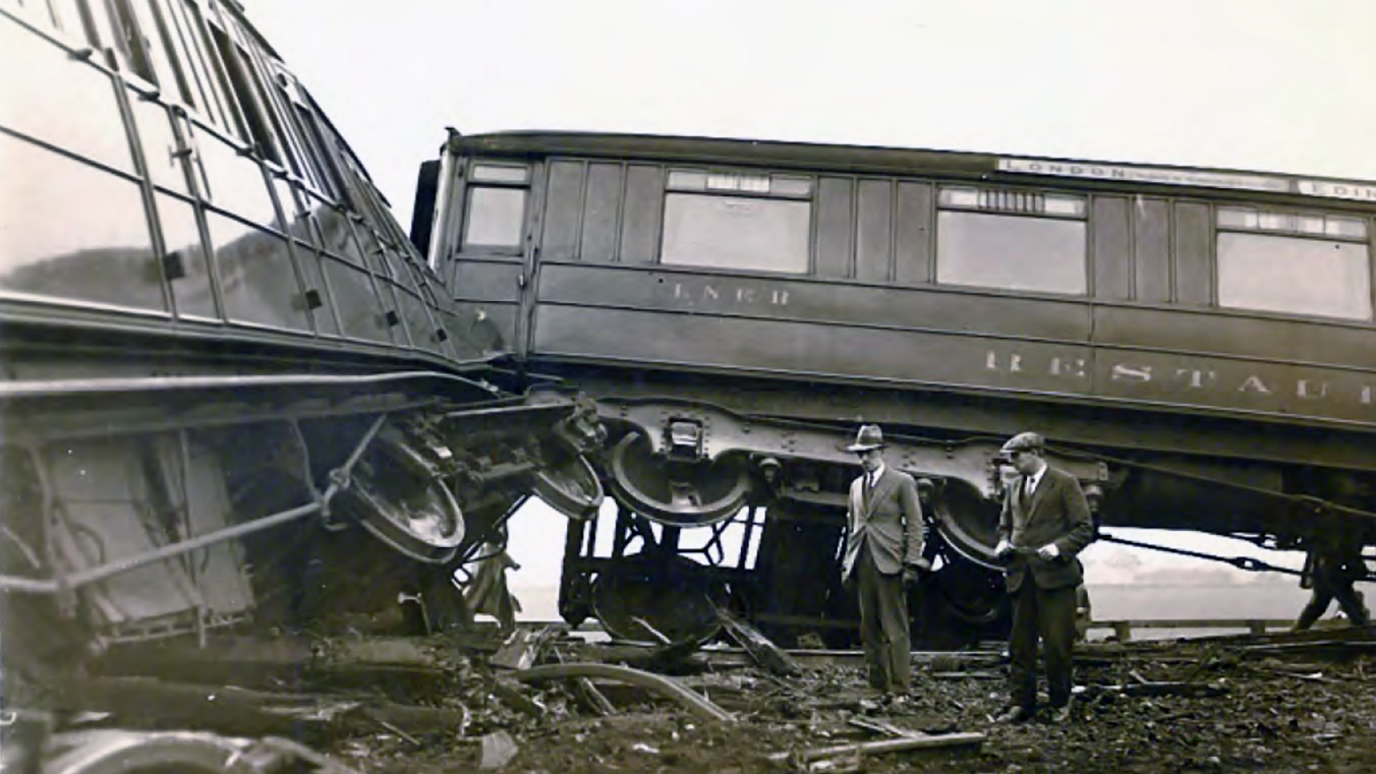
The miners had intended to derail a cargo train carrying coal, which they saw as a threat to strike action
- Published
A one-day exhibition hopes to shed light on the derailment, 98 years ago, of the world-famous Flying Scotsman.
Striking miners sabatoged the London to Edinburgh mainline at Cramlington, in Northumberland, hoping to prevent a coal train from reaching its destination.
In the event, the miners unintentionally derailed the Flying Scotsman, which was carrying 281 passengers.
The exhibition, on 5 March at Cramlington Heritage Hub, will focus on the women who supported those miners.
The Flying Scotsman derailment occurred on 10 March, 1926, during the General Strike, at a time of heightened tension across the UK.
Fortunately, although the train came off the tracks, the driver - who had been alerted to possible trouble ahead - was already slowing down, so passengers only sustained minor injuries.
Eight Cramlington miners were ultimately sentenced to prison as a result.
"At the time, it was quite an incendiary incident - because the community came together, and nobody would say who did it," explained organiser and historian Marie Dooley.
"Questions were asked in Parliament about it," she added.
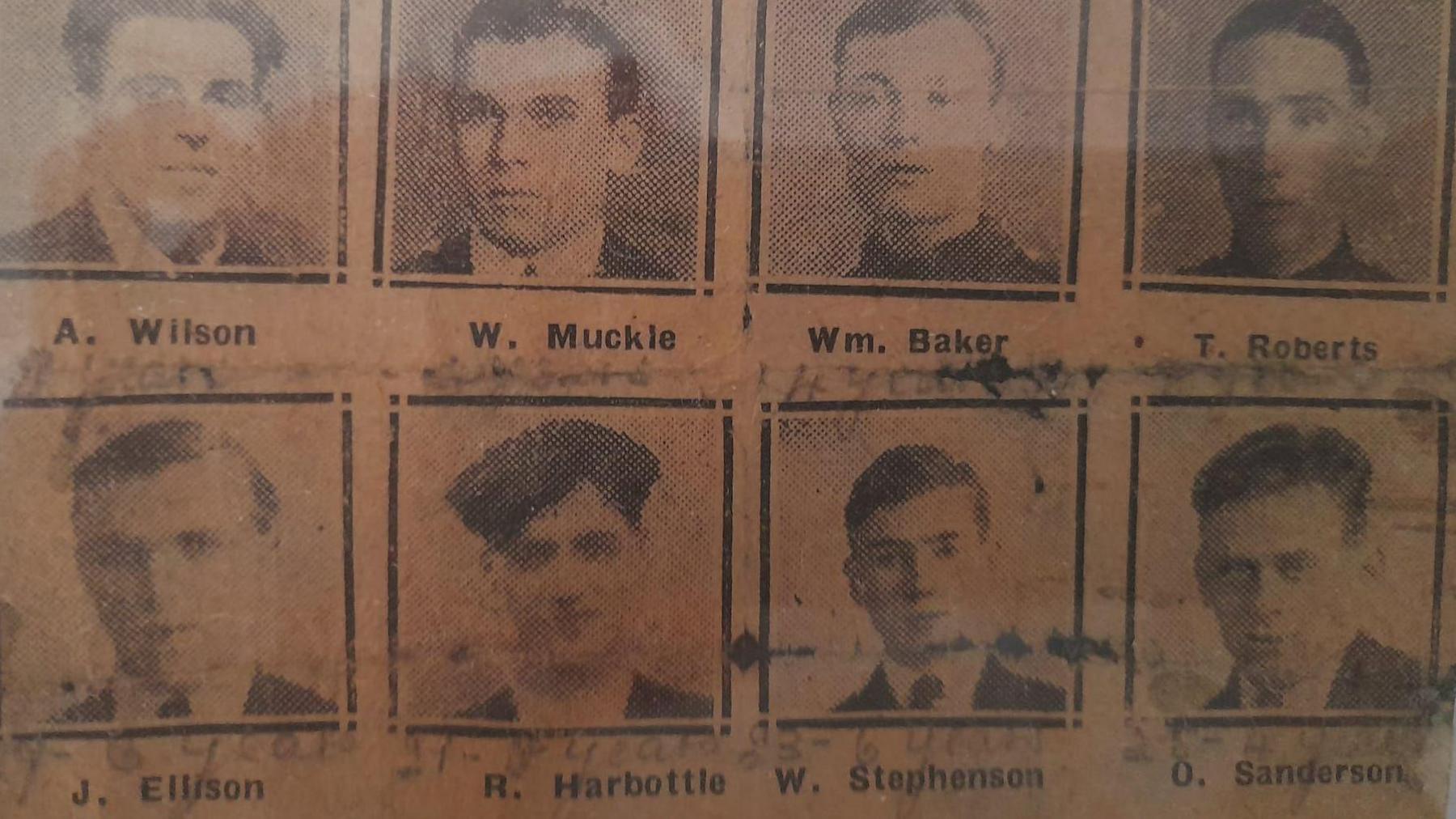
The only public image of the eight miners sent to prison following the derailment
A much larger exhibition is being planned to mark the centenary of the incident in 2026 - and organisers hope visitors to this week's exhibition may be encouraged to share any family knowledge of the near-tragedy.
"We hope there are people in the community who have memorabilia and press cuttings that they can share with us" said Ms Dooley.
Historians and a genealogist will be available at Tuesday's public event, to help anyone who wants to explore their own family's involvement in the derailment.
Many descendants of the miners are still believed to live in the region.
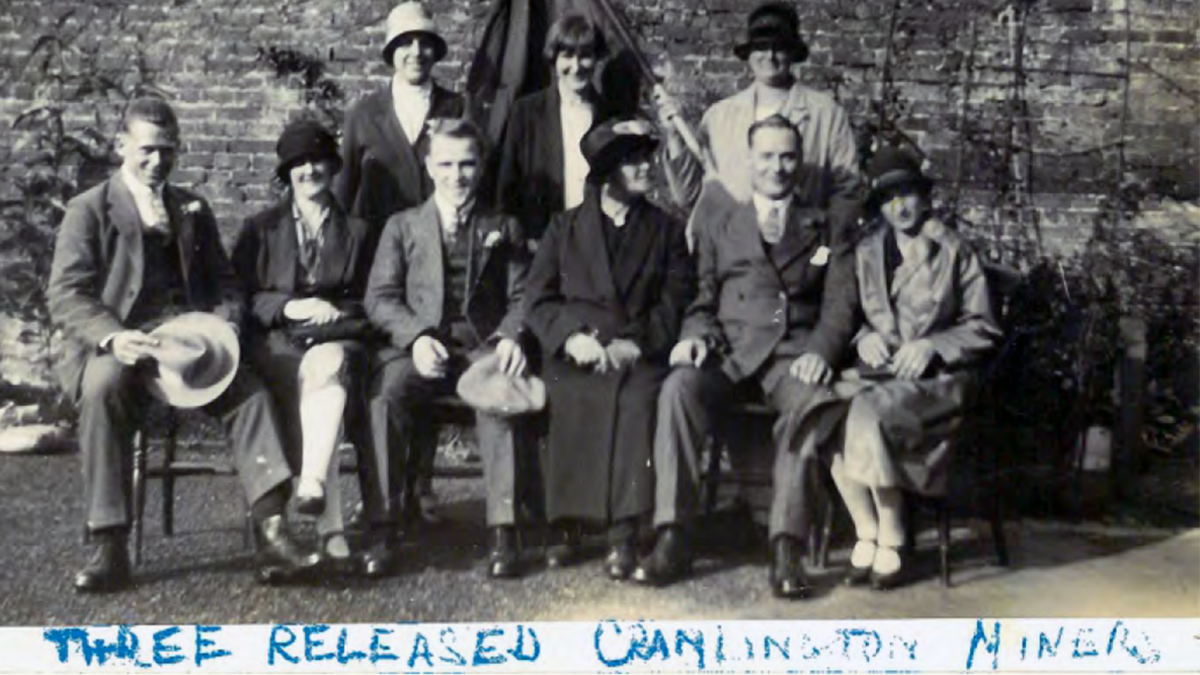
Three of the miners in 1928, after their release from prison, with their wives and mothers
"We particularly want to hear about the wives, the mothers and the daughters of the striking miners," said Ms Dooley.
She believes their stories are "as yet untold".
"How did they cope while the men were serving their sentences in Maidstone Prison?"
"We know they were allowed just one 30-minute visit every six months. It must have been incredibly hard."
The one-off public event will be open between 15:00 and 17:00 GMT on 5 March, at the Cramlington Heritage and History Hub in the town centre. Entry is free.
Follow BBC North East on X (formerly Twitter), external, Facebook, external and Instagram, external. Send your story ideas to northeastandcumbria@bbc.co.uk.
Related topics
More stories on miners' strikes
- Published4 March 2024
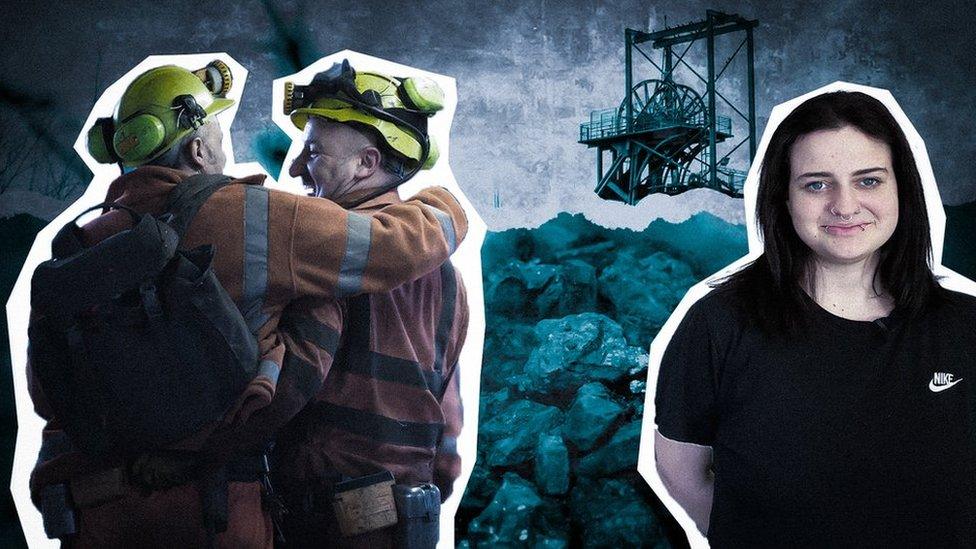
- Published2 March 2024
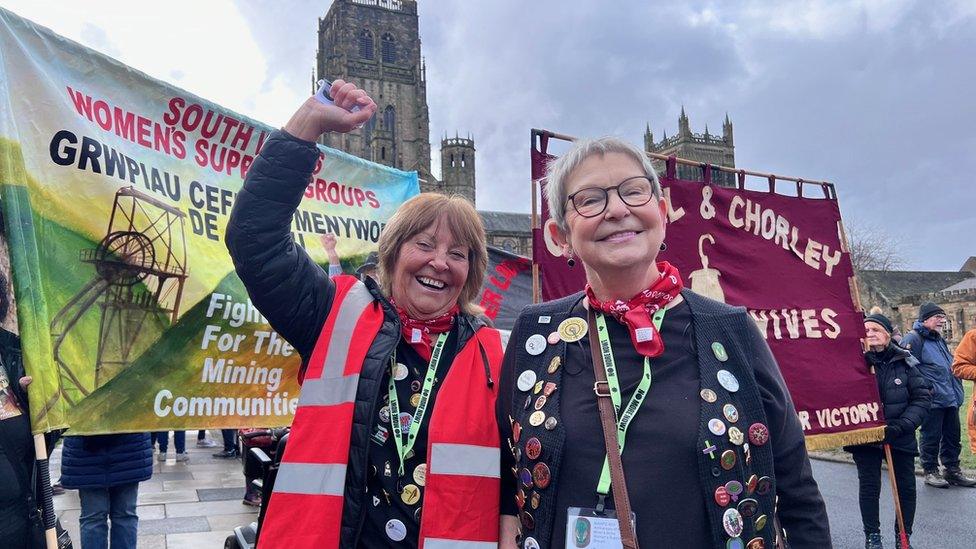
- Published1 March 2024
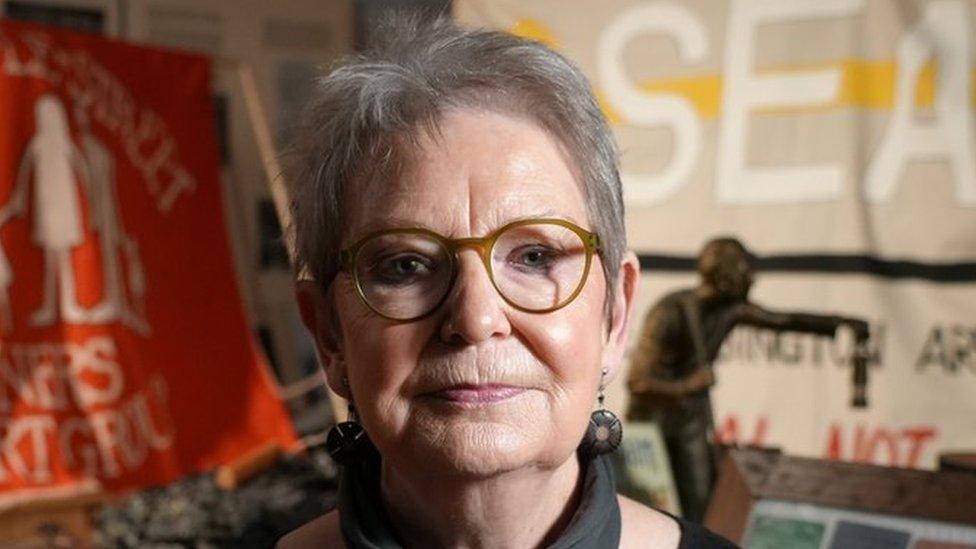
- Published2 March 2024
